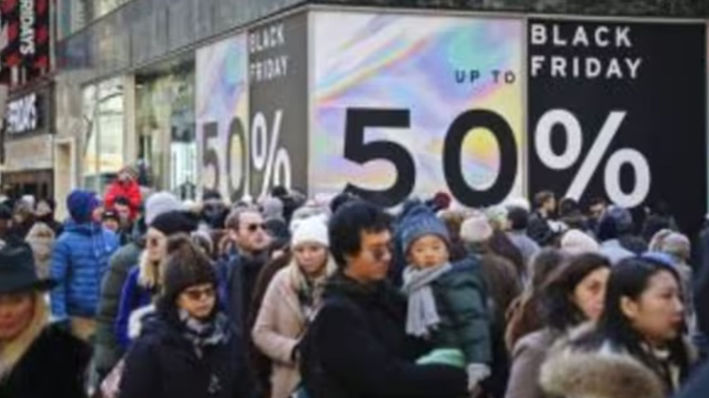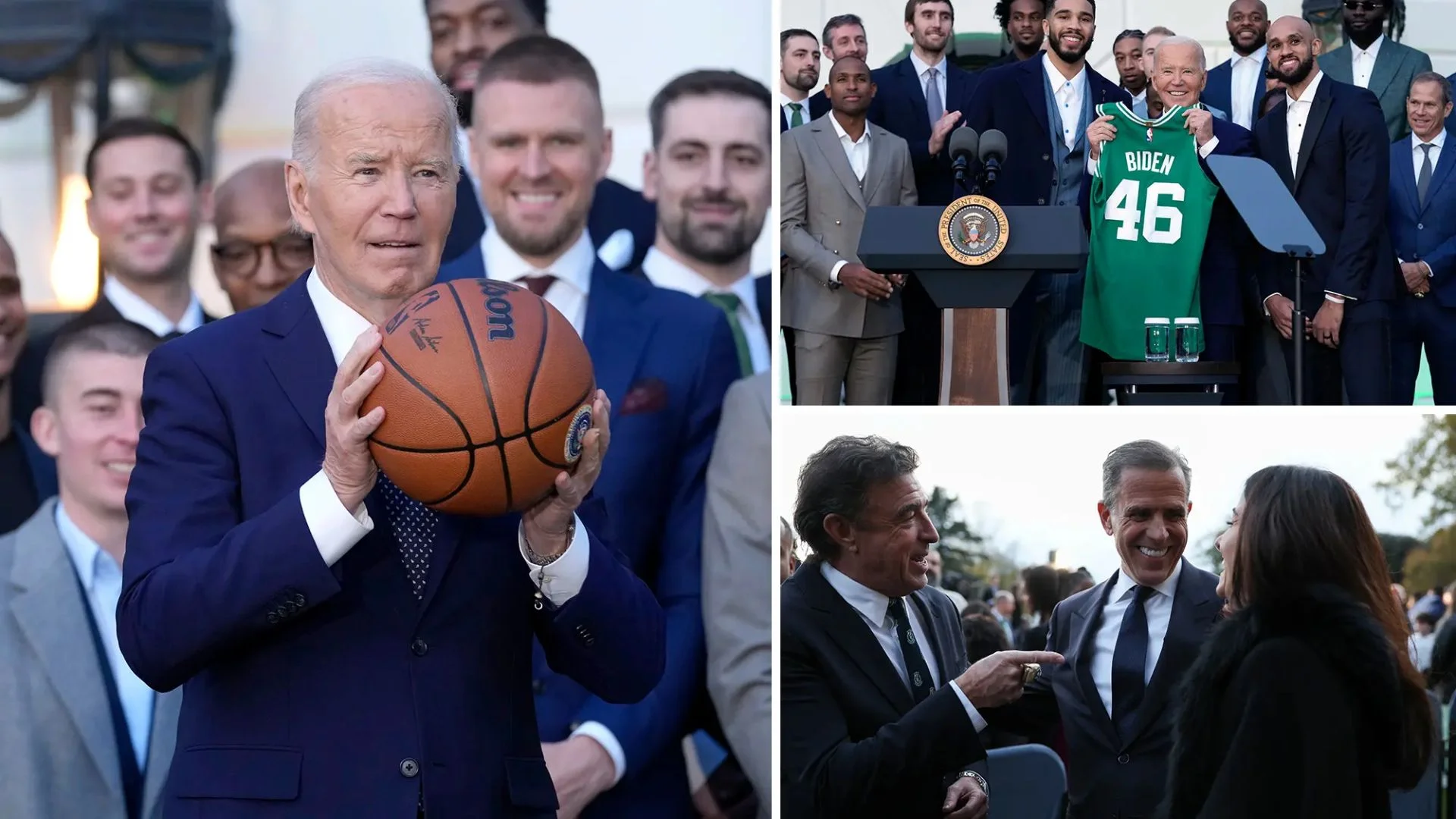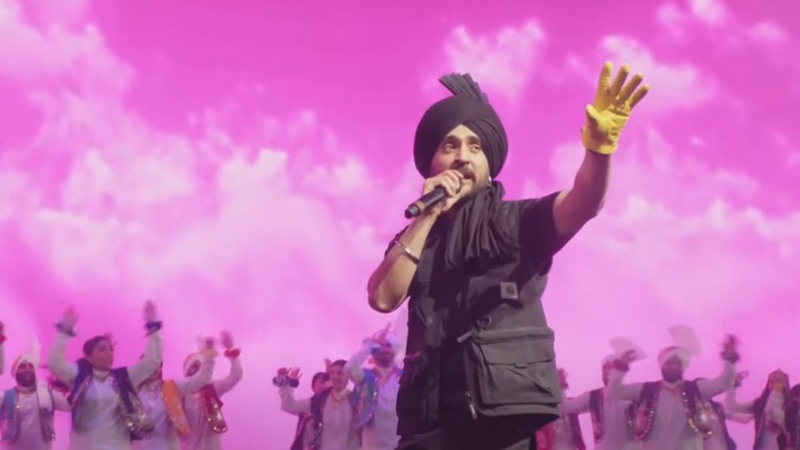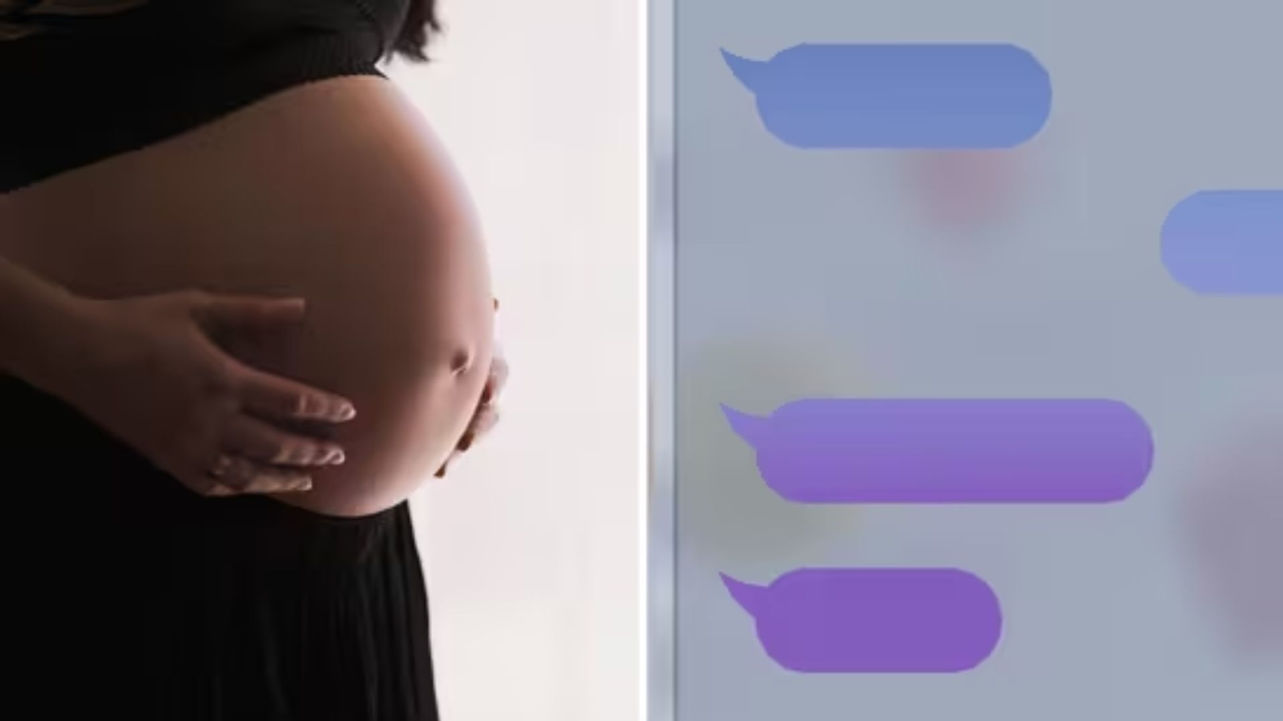
In a recent decision by Justice D.Y. Chandrachud and Justice M.R. Shah in Chief Election Commissioner vs M.R. Vijayabhaskar, the clash between two hallowed constitutional bodies viz. the Election Commission and the judiciary; the Supreme Court made several far-reaching findings especially about the extent of open justice and fair reporting by the media.
Justice Banerjee exclaimed that “Election Commission officers should be booked for murder …” and that “they are singularly responsible for the second wave” of Covid-19. The Election Commission challenged such oral observations, which were widely reported, and sought directions, qua media reporting of only findings which form part of the record and not oral courtroom exchanges.
The jury on the conduct of the Election commission is out. The observation was in the heat of the moment and was an expression of helplessness, anguish and pain. A few startling facts emerge — since early April 2021 political rallies commenced unrestricted, garnering massive crowds running, not just in Tamil Nadu, but also in other states such as West Bengal and Kerala; despite the extenuating circumstances of exponential increase in Covid cases; the parties responsible for such large gatherings were not penalised, and further, the commission remained a mere spectator to the willful violations. Indeed, the commission does not assume the role of the executive or the law enforcement agencies, nor are they the judiciary, yet to permit such actions despite having knowledge of the imminent disaster to follow is in my view, simply outrageous and preposterous.
Every institution has a defined role under the holy constitution but institutions such as the judiciary are more unequal than others in terms of their supervisory role in protecting the rights enshrined in the holy book. Whenever there is a threat to justice or fundamental rights, even constitutional bodies such as the Election Commission do not enjoy immunity from writ courts.
The duties of the commission under Article 324 of the constitution as elaborated/interpreted by the constitution benches in the TN Seshan and Laxmi Charan Sen and further in the Ashok Kumar, Kuldip Nayar and Gujarat Assembly cases clearly endow it with wide powers for “superintendence, direction and control” towards effectively accomplishing the task of completing elections. They are the sole institution that is in charge of “scheduling and conduct of elections”. In the current scenario, it is was therefore the bounden duty of ECI to ensure scheduling, conduct and completion of elections in such a manner that Covid protocols are not blatantly violated with penalties to follow.
Though judicial review is extremely limited in the election process as per Ponnuswami, Mohinder Singh Gill line of judgements, Article 226 grants the court enough play in the joints to pass a wide amplitude of orders and even strictures against another constitutional body who has failed in its duty. Assuming, the Madras High Court found guilt attributable to the commission pursuant to a detailed examination of facts based on what it had before it, one wouldn’t put such a finding beyond the power of a constitutional court.
The focus of the Supreme Court in the Judgement was however different — and pertained to the unfettered reporting of the oral observations in the context of open courts and justice and the free flow of information in the tech age, the useful purpose real-time reporting serves in creating accountability, transparency, integrity and inspiring faith of the public in the institution. The Supreme Court noted various instances such as Balgangadhar tilak’s sedition trial where he maintained his innocence and stated that “there are Higher powers that rule the destiny of men and nations” as a key event in exposing the vulnerabilities of the criminal process. Similarly, the celebrated Mirajkar case stressed on the safeguards of an open system of reporting to ensure even-handedness of justice. After noting several other notable English authorities, held that open reporting is not a cause for concern, rather a cause for “celebration of our constitutional ethos which bolsters the integrity of the institution” taking note of the framework in several leading democracies.
Whilst so observing and diffusing the situation deftly, it did however caution courts not to make off the cuff remarks in hearings and exercise restraint in making statements. They were termed as ‘harsh and inappropriate’ and therefore erased from judicial memory (even though they weren’t in any judgement of the Madras HC and only an oral observation). The cause of the Election Commission in approaching the Supreme Court seems to be somewhat served despite the fact that the Election Commission’s plea seeking to restrict reporting of oral observations by the media came to dismissed. The Swapnil case was reiterated with the strong observation that unless proceedings come to be televised freely the true purport of the exchange in courts shall not be known.
Incidentally, it has continuously been Justice Chandrachud who has time and again championed causes related to personal liberty, dissent, free expression and fair reporting. Not too long ago observing in his famous dissent, in a personal liberty case of activists that “dissent is the safety valve of a democracy”. Therefore, the line of thought seemed to broadly be in keeping with his cherished virtues of open justice and libertarianism.
The media is undoubtedly, the fourth pillar of the constitution and it serves a great objective to the nation by reporting faithfully (more often than not) what transpired in court. It is also true that a system fraught with asymmetries of information and routine misinterpretations is not ideal. There has always been a tussle between the media and the courts regarding what was said, in what context it was said and what was the true import of the statements made by judges.
In the judgement of Chief Election Commissioner there seemed to be two problematic areas that need further deliberation and thought, firstly, the idea of televising court proceedings as a matter of policy (as propounded in the Swapnil Case and reiterated as a plea to the legislature) and secondly, the practice of restricting constitutional courts from making remarks that express anguish, pain or even compassion in given situations.
There are just exceptions to the rule of open justice and fair reporting of cases by the media as was done by the Constitution Bench in the Sahara India Real Estate case exercising inherent powers under the contempt jurisdiction of Articles 129 and 215 of the Constitution of India. Even in other situations where rape hearings are conducted in-camera, or extremely sensitive matters relating to national security are being dealt with by courts, the system of open justice and media reporting can be dispensed with. Of late lawyers in the Supreme Court would have witnessed sealed affidavits passed across by bar as a matter of right, a concept I have found extremely disturbing.
Recently, Justice Bobde (ex-CJI) while hearing an anticipatory bail plea in a rape case questioned the accused “will you marry her”; a statement that enraged women rights activists, many articles appeared, even in the international media such as BBC, as well as many a prime-time debate charging the CJI with insensitivity, disrespect to women and even calls for him to quit office prematurely. In a subsequent hearing, the CJI was compelled to clarify his statements for being “completely misreported” solely for the consumption of the media. Whether the same would have happened say even three decades back, the answer is most likely no because real-time reporting and widest circulation through social media (internet) of every minute exchange were unknown and judges did not feel obliged to comment or clarify their statements made during court proceedings, which were in a sense privileged.
Without reference to the merits of the dispute, it is true that under the present regime of reporting by the media, statements are often misconstrued by persons who are blissfully unaware of the context in which remarks are made by judges. The quoting of selective remarks made by a judge by journalists is surely not the best-case scenario or the ideal structure to create a symmetric flow of information and the essence of statements is often lost in translation. The limits of an open justice system must be carefully calibrated because, in pursuit of constant reform, the Judicial system must not dilute its identity and purpose — ‘the cure not worse than the disease’. The first question that comes to mind is whether the primary duty of courts is to ensure impartial delivery/administration of justice or whether it is duty-bound to ensure that every courtroom encounter is broadcasted to the public. The two are inherently conflicting, let us see how.
Psychologists would strongly argue that judges are not always camera-friendly or ‘celebrity judges’, in fact, most aren’t, especially so while talking to strangers in a formal courtroom environment. To evoke questions from a judge is the art of advocacy that every counsel aspires to possess. In a televised scenario judges would often fall prey to the idea of image building and be compelled to play to the galleries. Knowing that every statement, remark or even reaction made by them will be recorded, analysed, deconstructed, criticised and possibly condemned even by persons who have no knowledge of law or the case at hand — can be unnerving and unsettling for someone performing a highly onerous task. There would be a compulsion to conform to an idea of what a judge should be in the eyes of the media and public and that one’s own training and years of experience may possibly fall by the wayside, not for all but definitely for some. We already see this happening, possibly even subconsciously and can ill-afford such a vice. Most advocates are anxiously concerned about whether they have been able to get their point across to the bench. This is the soul of great advocacy and the tool to further this objective is by evoking meaningful responses and questions.
If the judge is afraid or reserved to speak his mind, for whatever reason, or is restricted to express what he feels, from making oral observations during a court proceeding, it will have a chilling effect on the quality of Judgements delivered, the legal discourse and development of the jurisprudence. While I feel that the Supreme Court has consciously followed a system of open justice, televising proceedings may be a step too far, especially in the peculiar Indian context. The other serious challenge is about giving unnecessary publicity to embarrassing factual details about litigants and giving rise to the court of public opinion qua each and every case. While such opinion is valuable, it is not advisable that it becomes the subject of violent and vengeful trolling on social media portals such as Twitter and Facebook. Leave alone litigants, the judges may face a tirade of diatribe.
For instance, even after an accused is acquitted after being dragged through the dirt in a criminal trial, the public may choose to disbelieve his innocence by observing the hearings in trial and may continue to hold the person guilty in the court of public opinion. From the Indian experience, it is also important to note that a lot of persons enjoy gossip at the expense of others to titillate their mundane existences and spice up their lives. Many such scenarios come to mind, each decision of the supreme court will come into question by billions of viewers each having hundreds of opinions. Informed opinions and suggestions are surely welcome, but abuse, trolling, obstruction, and misuse can seriously hamper the delivery of justice. Some may feel comfortable with the idea of televised proceedings with the onset of virtual hearings which are also recorded in that sense, but court proceedings, going on television like a soap opera is an unfathomable concept at least for me. Virtual hearings are also an extraordinary step in the present circumstances, but courts must go back to their conventional majesty as quick as possible.
Further, every citizen is not expected or inclined to part take in detailed court proceedings and read voluminous Judgements, as what are lawyers for. Citizens who are not litigants would be more than content with a snapshot summary of what transpired in courts- delivered to them by their faithful messenger. Also, it will be impossible and impractical to televise each and every courtroom in India as that would make the buildings largely redundant if the lawyers can sit on their sofas and attend hearings.
India is also the land of emotional people, wherein a simple speech can stir frenzy and lead to rioting amongst the public. Actions off late by the government, be it the Farm bill or the Citizenship bill have led to fierce reactions by huge groups of the affected public; if one were to televise court proceedings in such sensational public interest matters, what could be some of the unwanted outcomes — disobedience of court orders, possible dharnas outside the apex court, that could any minute turn violent. The illustrations go as far as the imagination.
“When it ain’t broke don’t fix it” is a phrase that would be apt in an age of too much information and too many misinformed opinions. When we bestow our faith and trust in courts and the judicial system, a place seen as a temple of justice and of last resort vindication of rights — is it unwise to make it open to unnecessary scrutiny and permanently alter its structure, its manner of functioning. These changes may end up undermining their own authority, relevance, and impact. Therefore, it is true that “sunlight is the best disinfectant’ but the Supreme Court, being the master of its own destiny, must determine how much sunlight is really necessary and what purpose would it achieve.
As parliamentarians enjoy privilege against judicial review, judges also enjoy absolute privileges at least during courtroom hearings for the statements made by them in a court of discharging justice as held in the Bennett Coleman and Pradip Mitra cases and several others. Judges are men of high character and therefore they are deemed not to abuse the privileges they enjoy. While this true, should litigants be permitted to call into question heated exchanges and observations made like the ones made against the election commission when they don’t form part of the record? The list of times when the benches have reprimanded litigants, even in the last decade since I have been around, is unending. Such harsh reactions have mostly been aimed at ensuring compliance or expressing shock and pain in a myriad of situations, and hence in the spirit of keeping the justice system open from both sides, it is in the public interest that the free expression by judges is not curtailed. Such absolute privileges permit judges to discharge their functions fearlessly. If such absolute privileges granted as a matter of public policy are diluted by the judiciary itself, we shall see the end of a fearless institution.
A Court is duty-bound to counter dastardly situations with an iron fist and when it fails to do so, it is strongly criticised; when it attempts to do it, it is left fearful and looking over its shoulder. This tight rope walk can be too difficult. The consequences can be sinister as briefly reflected above. The Supreme Court took a very balanced approach by stating that “Language is an important instrument of a judicial process which is sensitive to constitutional values. Judicial language is a window to a conscience sensitive to the constitutional ethos. Bereft of its understated balance, language risks losing its symbolism as a protector of human dignity”. No doubt such peremptory findings were well-intentioned, but as a precedent they are susceptible to misuse by busy-bodies rushing to the Supreme Court at every opportunity, taking objection to oral observations made by constitutional courts and further give rise to unnecessary litigation. It shall do a great disservice to the institution.
Independence, impartiality and fearlessness of judges are not private rights but the rights of citizens.
The writer is an advocate. The views expressed are personal.















